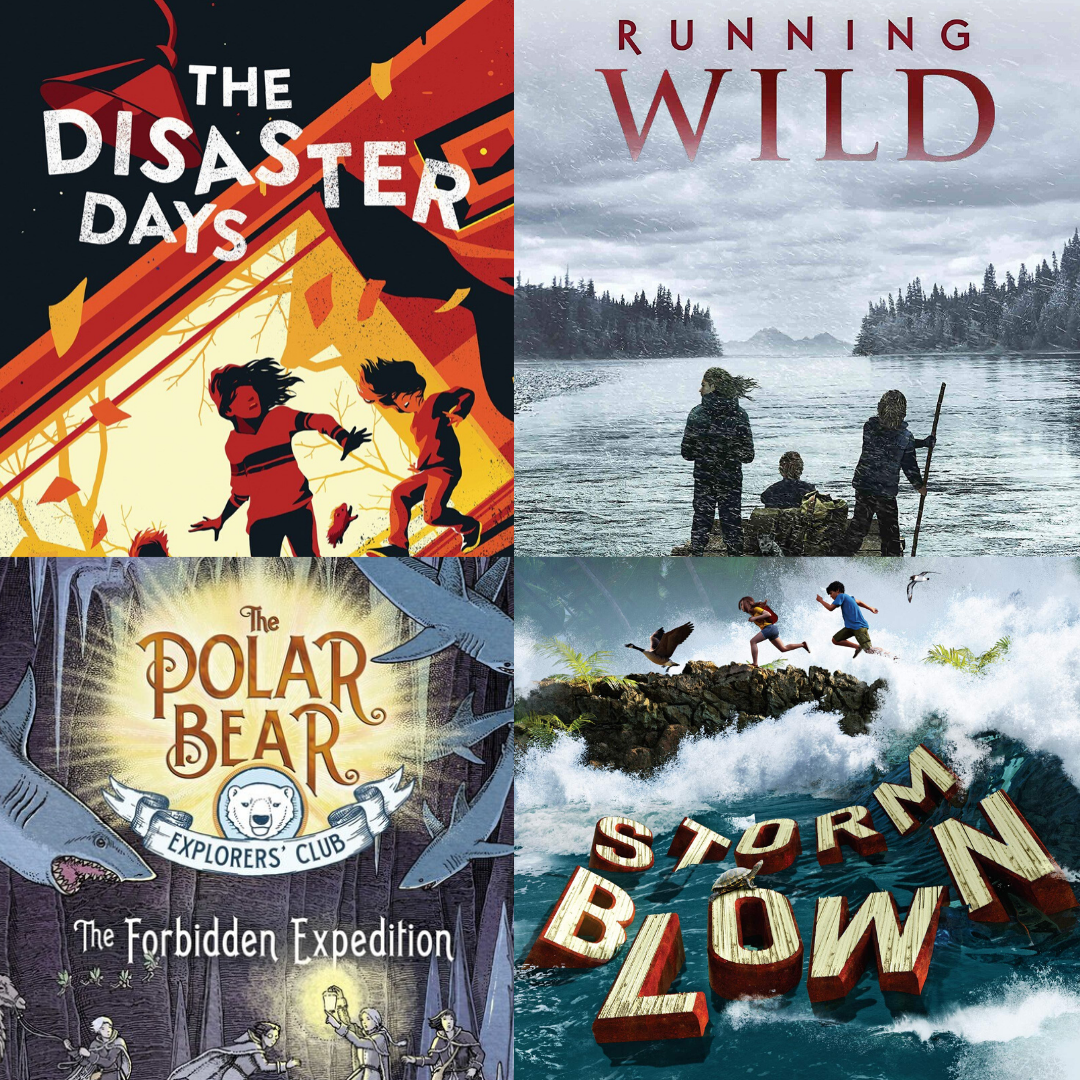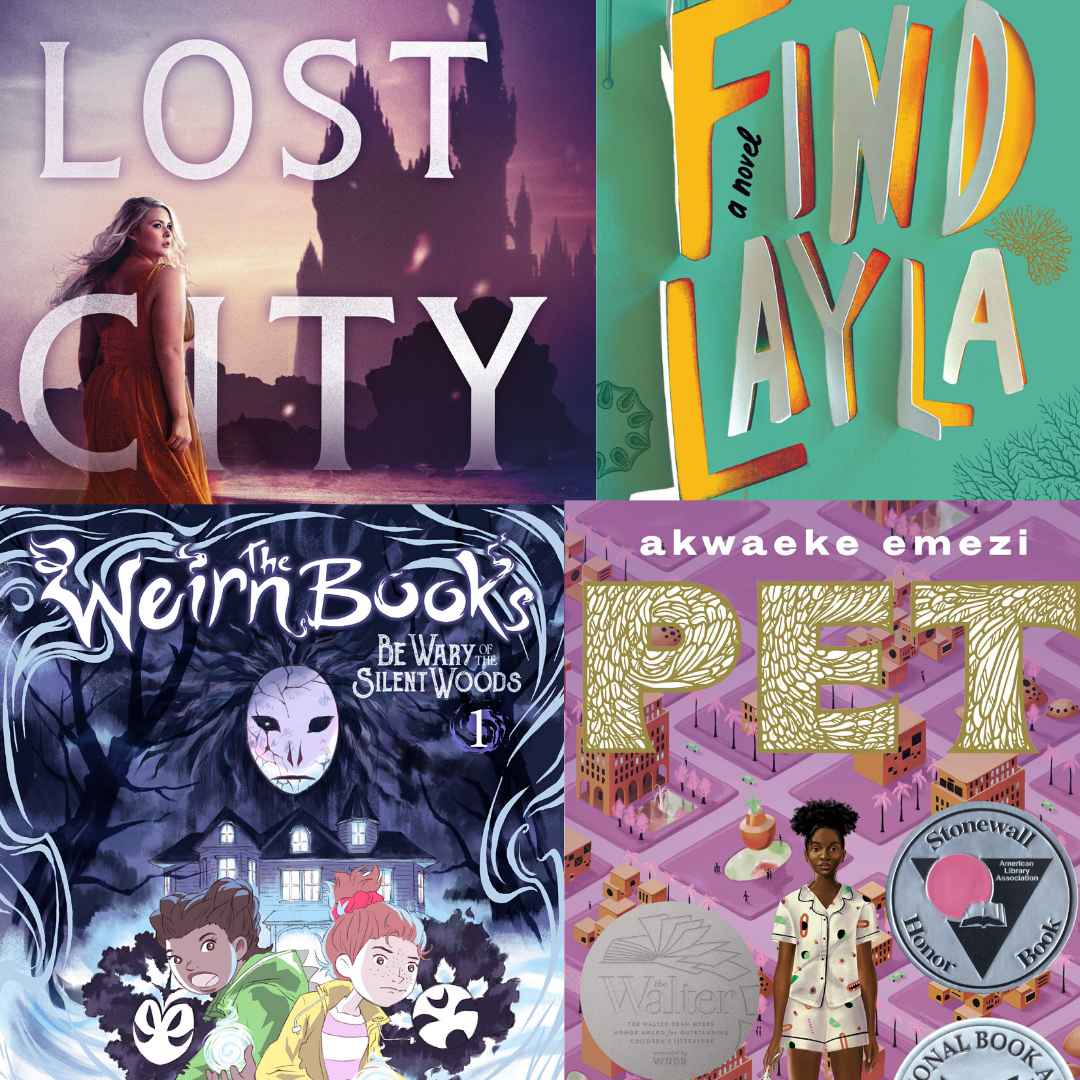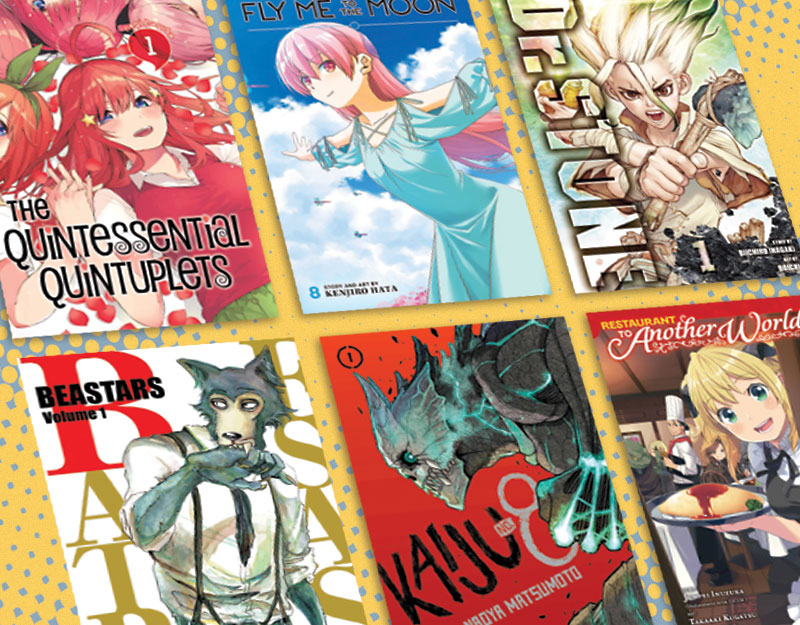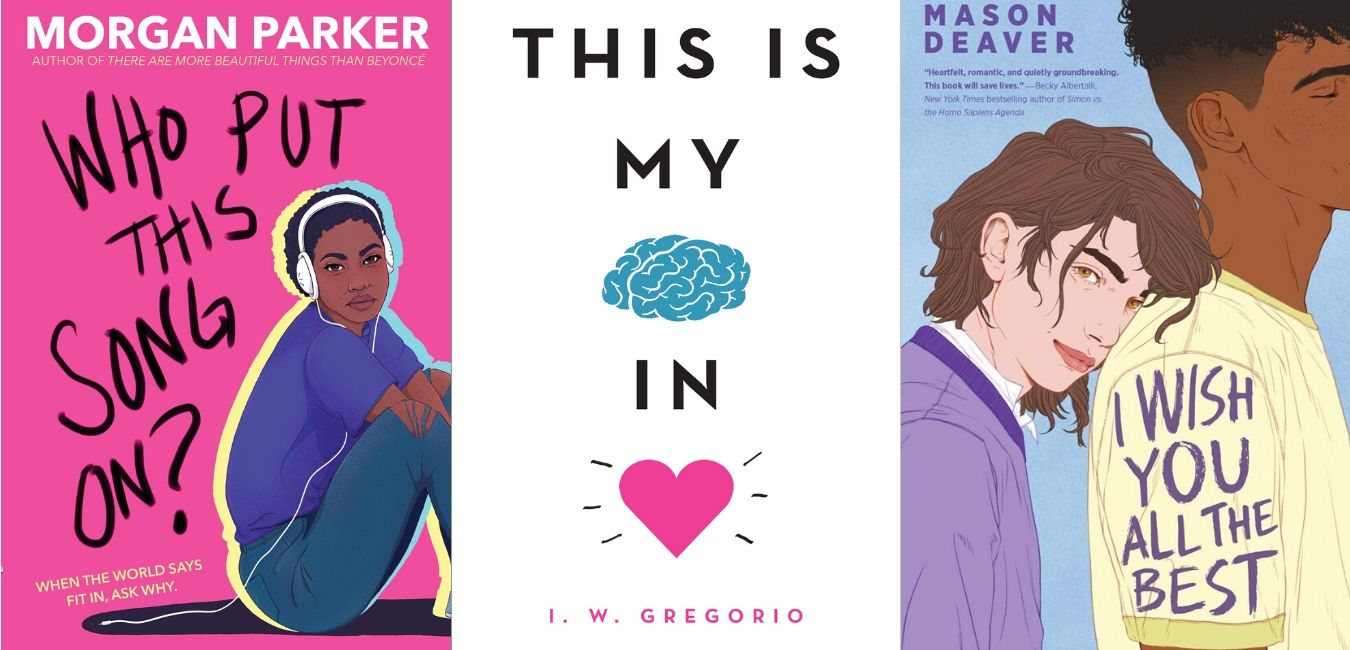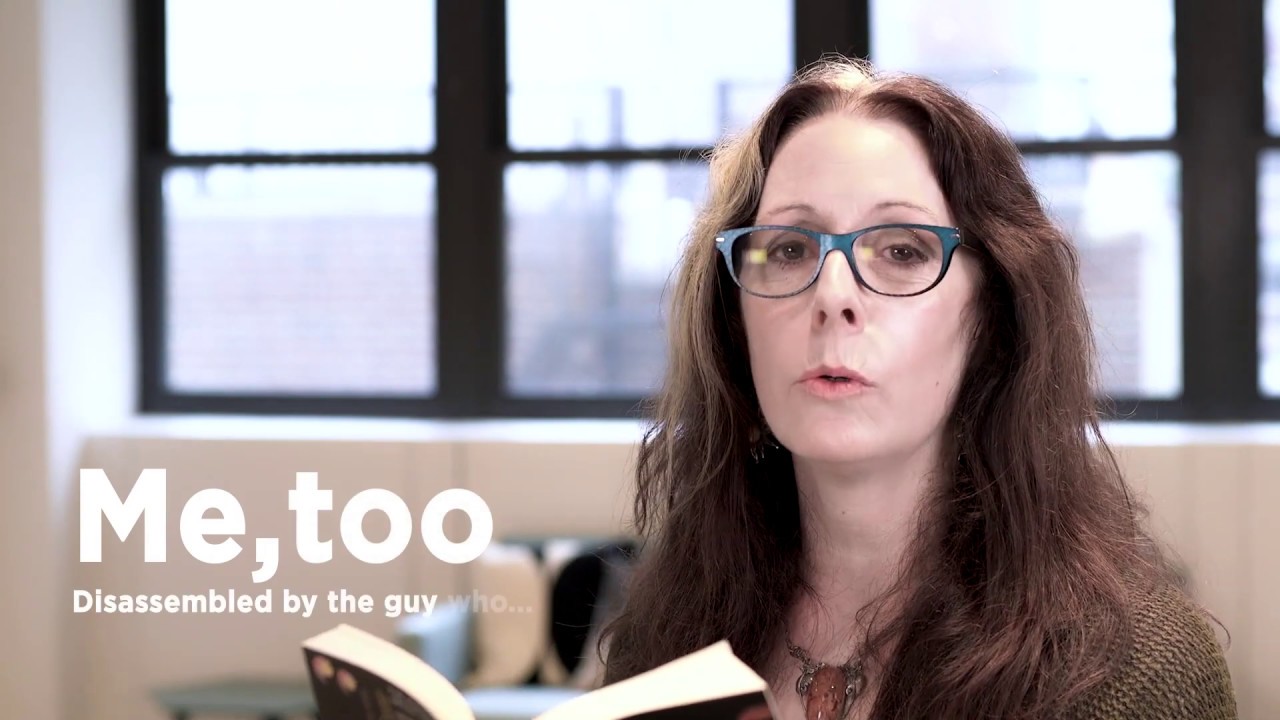Why Bhai? A guest post by Maleeha Siddiqui
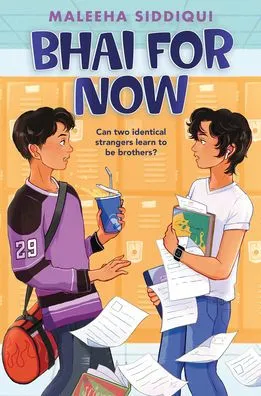
I was an only child for three years and one month. Sadly, I don’t recall a whole lot from that period in my life. When I didn’t have to share attention and my stuff with another kid at home. Memories began sticking to me when my brother, H, was born. I distinctly remember how my dad carried me up to the hospital room where my mom was sitting up in bed in a white gown. How I was still in my dad’s arms when my eyes went straight to the pink-faced, chubby baby in the bassinet beside her.
“This is your bhai,” my dad told me all those years ago. Bhai. The Urdu word for “brother.” Neither of my parents told me his actual name, so “bhai” was how I was introduced to my brother and what I would refer to him as for the next two years. Thought at the time, I had no idea what a “brother” was. But some part of my brain knew that this new, pouty-lipped face was here to stay.
ADVERTISEMENT
ADVERTISEMENT
I had nothing to fear, it turns out. H was low maintenance to the point where he was invisible. Occasionally, I would help my mom give him a bath. Other than that, I don’t have any concrete memories about me being jealous that my parents were paying attention to him instead of me, or playing with him, or sneakily going over to pinch his huge cheeks. Nothing. H just crawled or waddled around our apartment in my peripheral vision without much fuss.
But then 14 months later, another brother, B, was born. His birth I have zero recollections about. You’d think that I would be more capable of forming memories at age four instead of age three, but I’m not kidding when I say I didn’t even realize B was in the picture until I literally saw myself holding him in a picture when he was a month old. This one did not grow up as quietly as the last. He always got into things, ran off when our backs were turned, and generally brought about chaos in our house. He was the child my parents kept on a leash in public. B and I were always fighting. But with H? Never. They were opposites in terms of personality and yet they were the two souls in our house that got along the best.
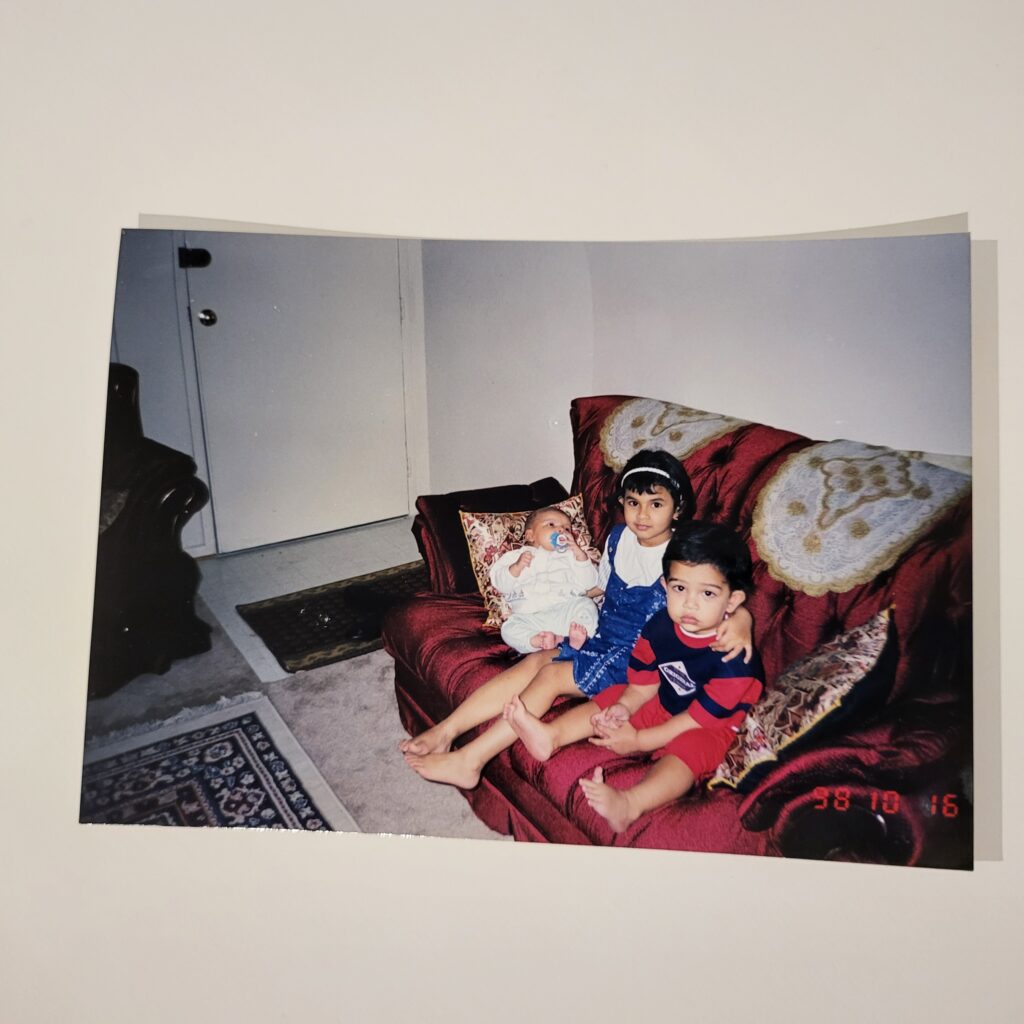
H and I shared a room up until B was out of his crib, then my parents gave me my own room and the two boys started sharing. Gradually, I noticed how my brothers started spending every waking minute with each other at home. At night, through the wall separating our rooms, I would hear them talking way past their bedtime. In each other, my brothers found their very first and very best friend. They were always a package deal. H and B. One without the other was incomplete. Even in conversation, their names came up together like they were one person.
They were so attached that on B’s first day of kindergarten he threw a fit because he wanted to be in the same class as H, who was beginning first grade. The three of us had walked all the way to school when B burst into tears, turned around, and ran home when I told him they were going to be in different classes. H and I chased after him. When my mom opened the door, B kept asking her if he could be in the same class as H. I don’t remember how we convinced him to attend school that day, but I suspect H had to walk him to his classroom and stick around for a bit until he calmed down.
I wasn’t even jealous of my brothers. I was just sad that I was alone and didn’t have a built-in friend like that, too.
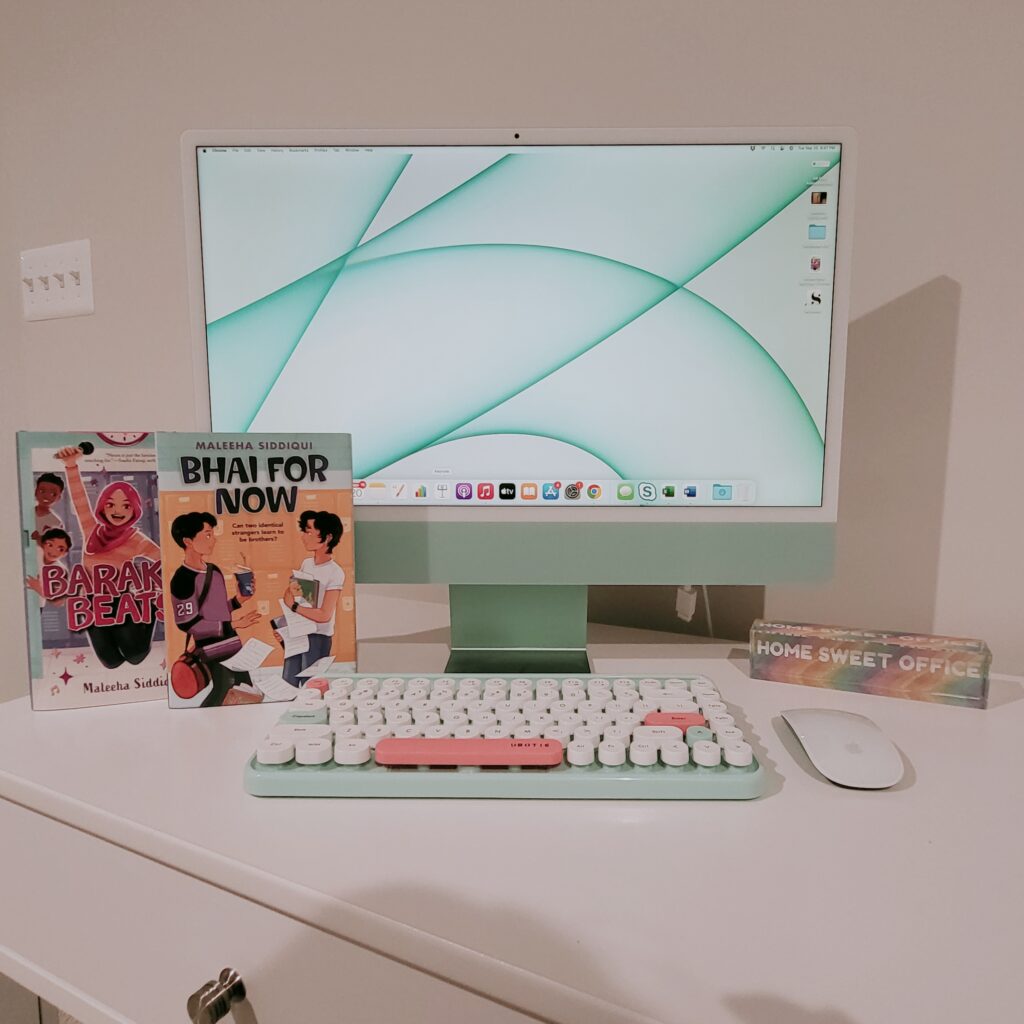
Bhai For Now is loosely based on my brothers and their relationship. I knew whatever project I worked on after Barakah Beats would have the brother dynamic that I grew up watching so intimately. The one that could never compare to the other male relationships I was seeing in my extended family. The Parent Trap was one of my favorite movies growing up and the idea to swap out the twin sisters with twin brothers barreled into me when I was driving home from work one day. A story about twins separated at birth who must learn to trust each other and learn how to be brothers while trying to patch up their fragmented family? The concept is nothing at all like my actual family and yet also contains the very real emotional threads that connect H and B. I had so much fun writing from both point of views and imagining what my brothers would do if they were in Ashar and Shaheer’s shoes. A part of me was also over the moon to be able to write a story about two young Muslim boys that had zero notes of Islamophobia or any sort of crisis in faith.
I’m so excited for the world to read Bhai For Now. I hope the admiration that I hold for my own brothers and their friendship shines through. But don’t tell H and B I said anything nice about them. I will deny it.
Meet the author

ADVERTISEMENT
ADVERTISEMENT
Maleeha Siddiqui is an American writer of Pakistani descent who loves to tell stories for all ages about the American Muslim experience. She can’t live without caffeine, rainy days, and books with a whole lot of heart. Her debut novel, Barakah Beats, was an ABA Indies Introduce pick. By day, Maleeha works as a regulatory affairs professional in the biotech industry. She grew up and continues to reside with her family in Virginia. Find her at maleehasiddiqui.com and on Twitter and Instagram at @malsidink.
About Bhai for Now
A fresh and fun new spin on the Parent-Trap story, by Indies Introduce author Maleeha Siddiqui
Ashar is busy with the ice hockey team, studying to get into the best school, and hanging out with his friends.
Shaheer and his father are always moving, following his dad’s jobs. Shaheer has given up hope of finding a place where he can put down roots, a place that feels like home.
The two boys have nothing in common.
But when they meet on Shaheer’s first day at his new school, it’s like looking in a mirror.
They quickly figure out that they’re twins, separated as babies. And they are determined to do whatever it takes—including secretly switching identities—to get to know the parent they’ve been separated from.
This is the story of two long-lost brothers who, while they might not like each other, just might need each other. Bhai for Now is by turns heartwarming and hilarious, and with an unforgettable Muslim family and friendship story at its core.
ISBN-13: 9781338702095
Publisher: Scholastic, Inc.
Publication date: 10/04/2022
Age Range: 8 – 12 Years
Filed under: Guest Post
About Amanda MacGregor
Amanda MacGregor works in an elementary library, loves dogs, and can be found on Twitter @CiteSomething.
ADVERTISEMENT
ADVERTISEMENT
SLJ Blog Network
2024 Books from Pura Belpré Winners
Passover Postings! Chris Baron, Joshua S. Levy, and Naomi Milliner Discuss On All Other Nights
Winnie-The-Pooh | Review
Parsing Religion in Public Schools
ADVERTISEMENT



